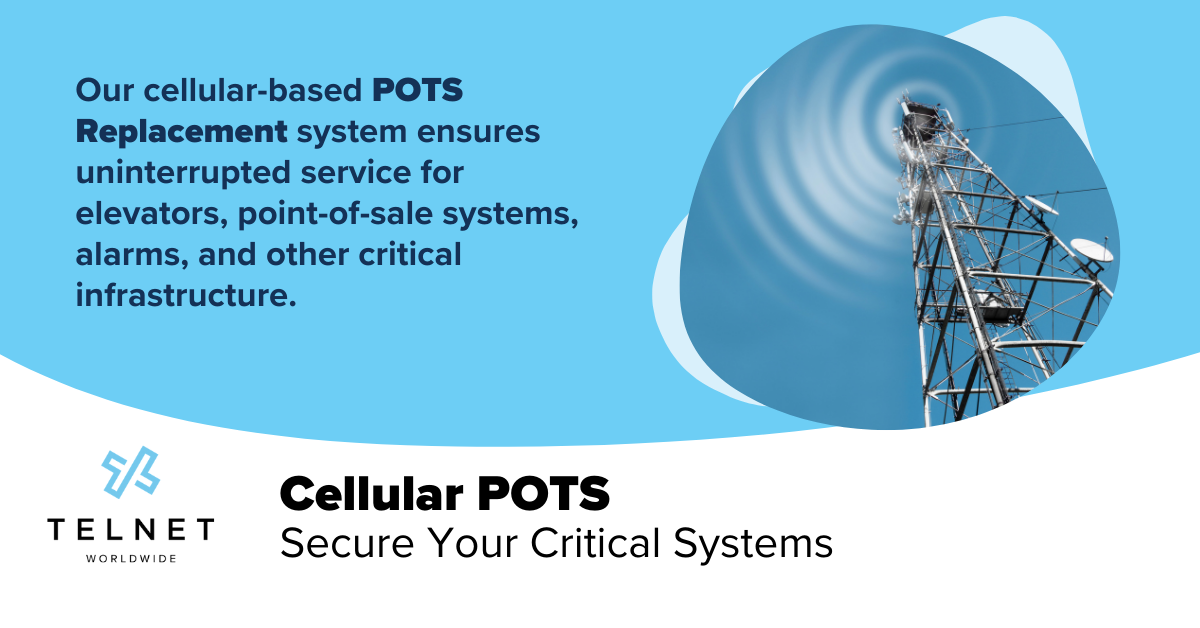As the business world embraces remote work, it seems like every provider out there is advertising SIP telephony. But what is it? How does it work? And what are its benefits? If you have any of these questions, don’t worry, because we have the answers that you’re looking for.
What is SIP Telephony?
SIP telephony, or Session Initiation Protocol telephony, basically means that you can make and receive calls through your internet subscription. With SIP, both your internet and telephone systems are connected, which allows you to have one supplier and move your business phone system into the cloud.
This solution allows your business to reduce the cost of calling — both internationally and domestically. Needless to say, the cost benefit alone is enough to turn heads. But the benefits do not stop there!
With the workforce becoming more remote, there is greater demand for flexible communication. And SIP telephony can provide the flexibility your business needs.
Whether your team is working from home or the office, everyone can work and communicate with ease, as long as there’s an internet connection.
What Types of SIP Telephony Are There?
SIP phones can be classified in two categories: hard phones and softphones. Hard phones are physical headsets like your traditional desk, conference or cell phone that is connected to a data network. On the other hand, a softphone is a software program that makes and receives calls over the internet.
Keep in mind, the choice of deployment depends on your service provider’s offerings and what’s best for your business.
TelNet Worldwide leverages both hard and softphones. This allows for a pain-free, quick installation and no need to pay for extra equipment. With our SIP solution, you can maximize your current equipment and use our new SIP Portal to virtually manage your phone systems.
How Does SIP Telephony Work?
In a matter of seconds, a user will initiate a call via their softphone, and that call will be sent over the internet, then to our data center switch, to the PSTN, and finally connected to the recipient.
By connecting your internet to your PBX and PSTN, SIP telephony removes the need and hassle of expensive and outdated PRI circuits.

More Resources: What is SIP Calling?
What Are the Benefits of SIP Telephony?
Cost-effective
Many businesses can only dream of paying up to 70 percent less on their current business phone bill. SIP telephony can turn that dream into a reality. Here’s how:
- Only pay for the lines you need, rather than the 23 lines required for PRI
- No need for new or expensive hardware
- Reasonable installation and maintenance costs
- Unlimited nationwide calling
Reliability
There are certain things in business that you just can’t prepare for. Power outages, bad weather and system failures are just some of the challenges that you may face. With SIP telephony’s built-in redundancy, you can rest assured knowing that your calls are automatically redirected to other locations and/or mobile phones.
Scalability
Your business is growing; shouldn’t your phone capacity do the same? SIP allows you to add all the additional phone lines your business needs while keeping installation simple and completely customizable.
Monitoring
The days of you being left in the dark when it comes to your phone system is long past. With TelNet Worldwide SIP Portal, you can have 24/7 monitoring and customization of your SIP telephony.
If you’re ready to embrace cost savings, reliability, scalability and visibility today, just get in touch. Contact our experts today and see if SIP telephony is the right choice for you!





